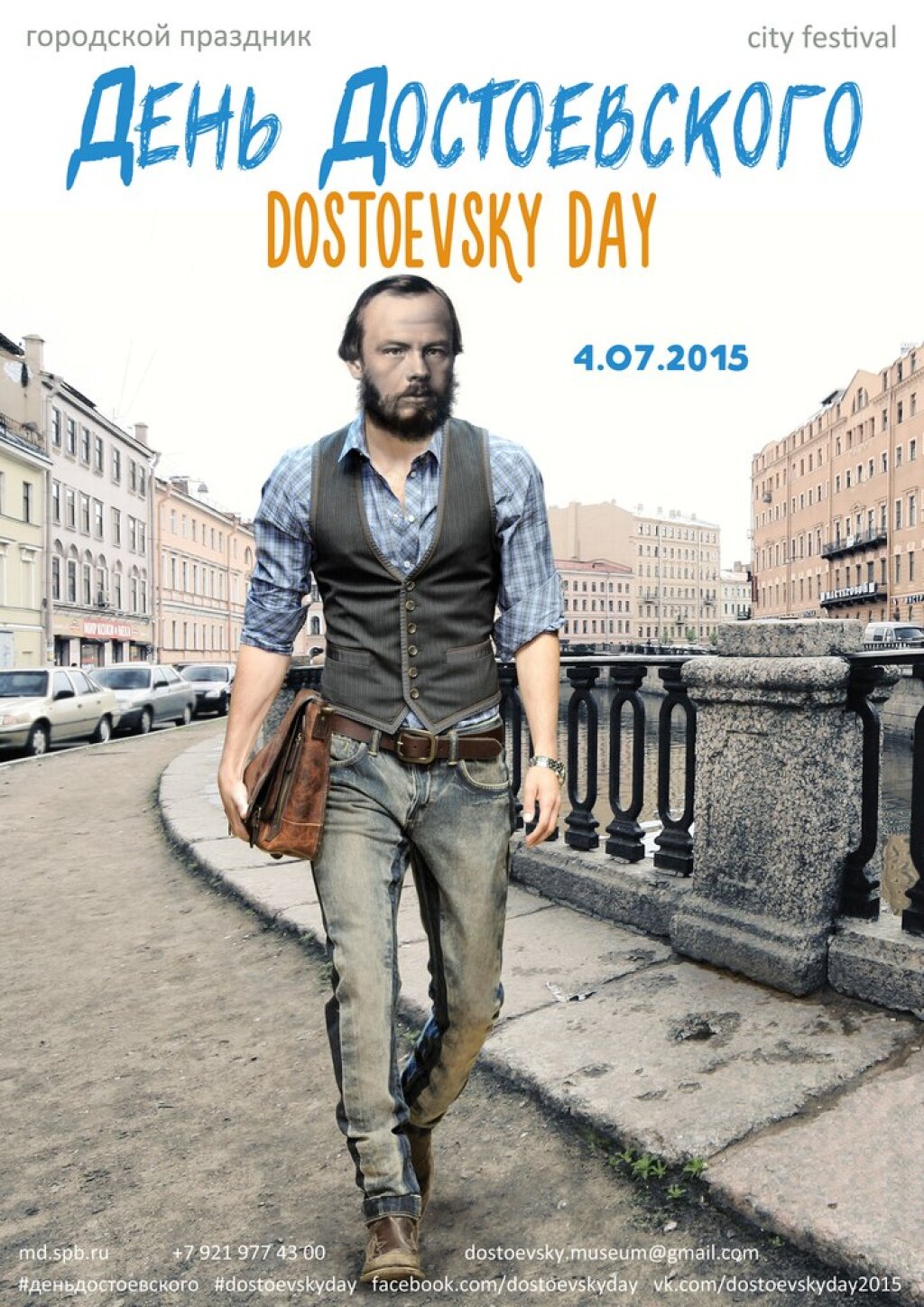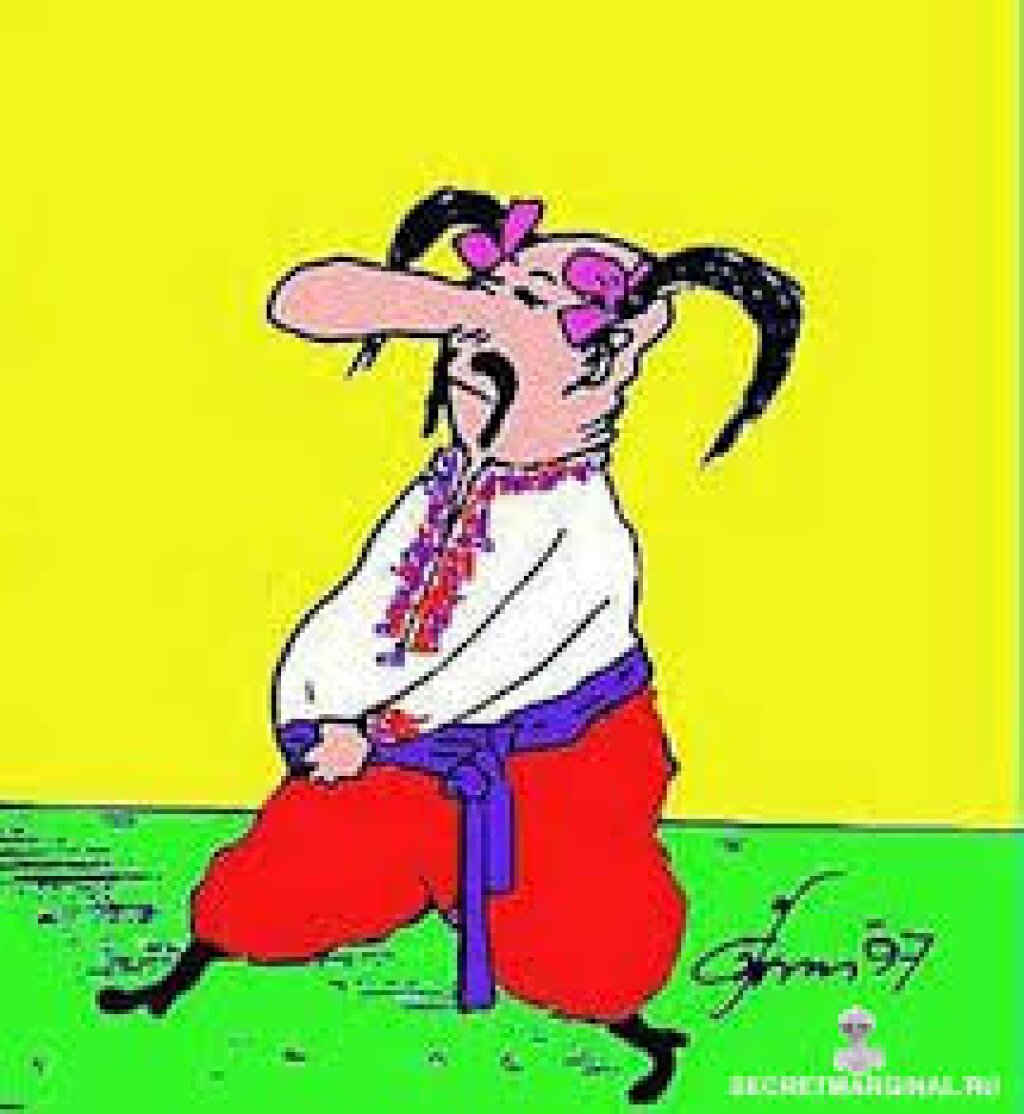This post features a runner-up entry in All the Russias' second Graduate Student Essay Competition. Please note that this entry was written in May 2021 and does not reflect current league standings or the outcomes of sporting events that occurred after that time.
John C. Stanko is a PhD student at Indiana University who studies the foreign policies of authoritarian states in Eurasia.
Inter-state connections take many forms in the contemporary world as globalization pushes people and governments to interact with a diverse array of others. The formal, state-level institutions that codify these connections — military alliances, educational exchange programs, and intergovernmental organizations (IGOs) — understandably receive the bulk of scholarly and popular attention. This principle holds especially true in post-Cold War Eurasia, where former Soviet states have formed and continue to form ties since becoming independent, sovereign countries.
However, other organizations and elements of interaction offer a rich vein for discussion as well. A particularly intriguing non-state entity is the Kontinental Hockey League (KHL), widely considered the second-best men’s league in the world. The top league, the National Hockey League (NHL), features players from all over the world, but consists of teams based only in the United States and Canada. By contrast, the KHL includes teams based in 6 countries: Belarus, Finland, Latvia, Kazakhstan, Russia, and China, the most recent addition. This eclectic mix of authoritarian and non-authoritarian polities presents all half-dozen countries with opportunities for cultural diplomacy in a competitive setting somewhat divorced from the tensions inherent in face-offs between state-sponsored entities like national teams.
In reality, however, Russia likely benefits the most from the KHL, given that the top teams every year are Russia-based, providing a 5-country soft power audience that requires little to no additional outlay from the government. This year, once again, the championship round will feature two Russian teams. Unsurprisingly, CSKA has earned another berth in the final series. As is also the case with European football teams (soccer, for American readers), and other well-known clubs around the world, success breeds name recognition.
While many fans complain of sports dynasties and the lack of intrigue when the same teams are winning all the time, such an arrangement works best for purposes of cultural diplomacy. Think of how many Americans proudly proclaim some bottom-feeder team as their favorite when discussing the English Premier League or the Union of European Football Associations (UEFA) Championship. The same can be said of college football in the United States, where being an Alabama Crimson Tide fan seems to track much more closely with how long a given fan has been following the sport than with whether they’ve attended the university or grew up/reside in the immediate geographical area. Russia can take full advantage of the bandwagoning trends in sports fandom to gain more popularity with everyday foreign citizen thanks to the strong showings of CSKA in Moscow, SKA Petersburg, and other top domestic hockey teams. This is especially true in those KHL-affiliated countries whose inhabitants are frequently exposed to the impressive exploits of these teams, but applies more broadly as well.
Indeed, one of the more surprising incidents in my own personal experience was a complete stranger in a park in the United States recognizing and commenting upon my Spartak Moskva shirt. I was used to this type of thing happening in the streets of Russia’s capital, but it was an unexpected occurrence in America. However, that American observer seemed under the impression I was a supporter of the Spartak football team, when in fact I had adopted the Spartak hockey club as my local team while living in Moscow.
I'd acquired the shirt itself during a brief volunteer stint with an American football club that had been authorized to use the Spartak name and logo. In the United States, a given city may have similar color schemes for its different sports teams (such as Pittsburgh) or a single owner(ship group) for all of its major sports franchises, but the team brands are always distinct from one another. Russia’s most prestigious hockey teams, on the other hand, tend to have one or more counterparts in other sports that make the club name that much more recognizable. In addition to both CSKA and Spartak making the KHL playoffs, for example, the respective football versions of each club are also in the top 5 of the Russian Premier Liga as of this writing. This arrangement creates a mutually reinforcing structure in which Russia’s big-name clubs are the same in two of the world’s most popular sports, making it easier to attract casual fans abroad.
Moreover, the KHL, despite the geographical diversity discussed in the opening paragraph, is still heavily skewed toward Russia-based teams. Widely regarded as the second-best hockey league in the world, the KHL attracts plenty of talented players to Russia from around the world. The influx of Swedes, Americans, and players from elsewhere expands the viewership pool and offers more opportunities to create positive images of Russia both among those playing in the country professionally, and those tuning in from abroad to watch their homegrown talent in action.
Despite not being an official government entity, or perhaps precisely because it is not associated with the Kremlin and thus is not seen as a propaganda tool, the Kontinental Hockey League serves as an ideal vehicle for Russian cultural diplomacy, projecting a favorable image of successful, Russia-based hockey clubs while also creating people-to-people ties that foster an interest in Russia across multiple countries.



